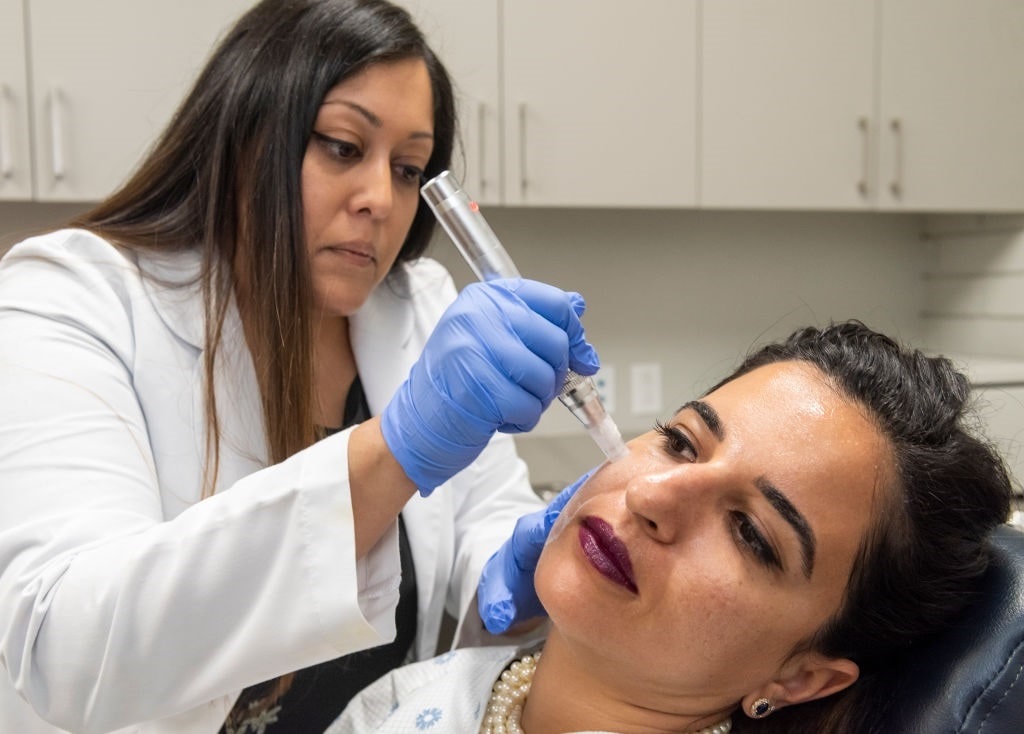Science is on track to cure degenerative aging. Soon we may be living longer and healthier lives. Like so many other disruptive technologies, this promises – or threatens – to radically alter human life and society as we know it. What will the consequences be, and are we prepared to deal with them?
Theories of Aging
Science cannot make people live forever, but there are good evolutionary reasons to believe that it is possible through simple methods to dramatically extend healthy lifespans to 120 years. There are various theories about why we age, but there are strong indications that aging is a form of adaptation. One of the leading theories of aging is that we have genes for actively turning off the regeneration process in the body to make room for the next generation.
 The evidence for this theory is animals who do not differ physiologically from other organisms but live much longer. Mice and humans share at least 85% of their DNA, but humans live 40 times longer on average. In 1835, Charles Darwin brought tortoises back with him from the Galápagos Islands. One of these, called Harriet, was kept in a zoo and died in 2006 at an estimated age of 175 years.
The evidence for this theory is animals who do not differ physiologically from other organisms but live much longer. Mice and humans share at least 85% of their DNA, but humans live 40 times longer on average. In 1835, Charles Darwin brought tortoises back with him from the Galápagos Islands. One of these, called Harriet, was kept in a zoo and died in 2006 at an estimated age of 175 years.
If we can find and control the mechanisms that make us age and die, we can cure degenerative aging.
Ingredients of Aging
Scientists are well on their way to identifying the essential secrets of aging. One of these is the senescent cell. In an aging body, more and more of the cells become dormant and inactive – not quite alive, but not dead. These zombies have a detrimental effect on health and longevity.
Researchers at the Mayo Clinic and Scripps Institute found that by killing these senescent cells with a drug, they could rejuvenate mice. LA Times reported that “compared to mice who aged normally, those that started the dasatinib-quercetin cocktail at an age equivalent to 75 to 90 years in humans ended up living roughly 36% longer, and with better physical function.”
Similar results have been reported with a host of other drugs and techniques. As such, there is good reason to believe that degenerative aging is treatable in the foreseeable future.
The Politics
At first glance, the promise of antiaging sounds like good news, but it will bring about radical changes, and not necessarily only beneficial ones.
Aging is the number one cause of disease and disability. By curing aging, the cost of health care may, therefore, plummet. Apart from the health care industry, most will welcome such a change.
If people live 120 healthy years, it may not be sustainable to retire in the early 60s. People may have to work decades longer than they do today. What does that mean for education and career choices? How will that impact the young? On the one hand, it is terrific if wise and seasoned people of age 90 or above can still work and contribute their accumulated life experience and efficiency, but what if it means that young people have a harder time entering the workforce because of that?

(Photo by Leonard Ortiz/MediaNews Group/Orange County Register via Getty Images)
How will longer lives impact voting patterns? We know that people tend to grow more conservative with age, experience, and wisdom. That may be good news for those who love the Constitution, but will it also make Washington swampier?
Consider House Speaker Nancy Pelosi (D-CA). She has been a career politician for nearly 40 years. Senate Majority Leader Mitch McConnell (R-KY) has been in office since 1985. During the 2020 presidential election cycle, age has become an increasing concern, with Senator Bernie Sanders (I-VT) and former Vice President Joe Biden showing clear signs of dwindling health.
Does anti-aging imply that we in the future will see centennial career politicians and an even deeper deep state?
Return to Family Values?
One of the most intriguing possibilities of anti-aging is the prospect of returning to the nuclear family. Today, young women are taught that they should wait with children and prioritize a career instead because life is short. However, if life is much longer, there may be less rush to have a job, as there is more time to establish a career even with a later start. But most women lose 90% of their eggs by age 30. A longer lifespan means that women could – and maybe should – prioritize children first.
Live Long and Prosper
While there are pitfalls and troubling issues with radically increased longevity, it creates the prospect of a much different future than many today envision. Whether it will result in a net positive remains to be seen, but we will find out sooner than you think.
~
Read more from Liberty Nation.




